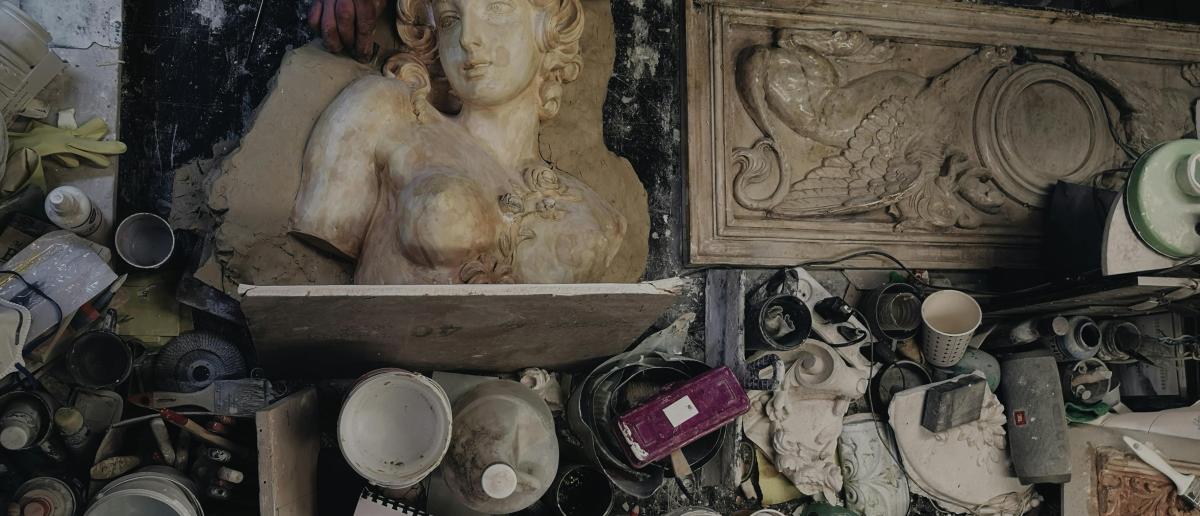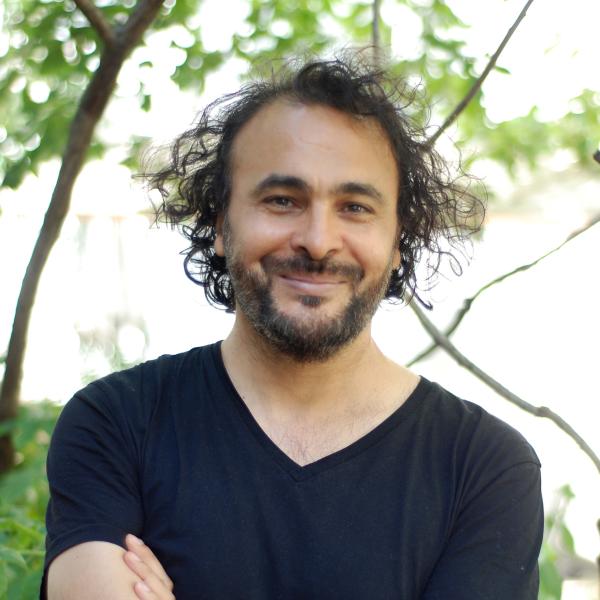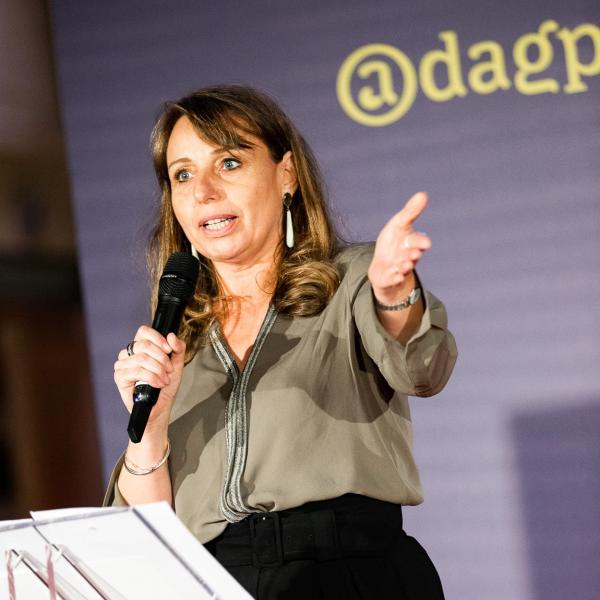
International Council of Creators of Graphic, Plastic and Photographic Arts (CIAGP)
About CIAGP
The CIAGP brings together CMOs and creators in the field of visual and plastic arts from around the world. The council serves as a forum for the exchange of information, best practices, experiences and practical advice on the administration of visual authors’ rights. It covers topics aimed at promoting moral, economic, legal and professional interests of visual artists.
President and Rapporteur General


Participating Organisations
ACS, ADAGP, AGADU, AKKA-LAA, ALCS, APSAV, ARS, ASCRL, Asocijacija Autora, AUTVIS, BBDA, BGDA, BILDRECHT, Bildupphovsrätt, BONO, BUBEDRA, BUMDA, BURIDA, CARCC, Copyright Agency, COSBOTS, CREAIMAGEN, DACS, EAU, EKKI, EVA, GESTOR, HUNGART, JASPAR, KOLAA, KOPIOSTO, KUVASTO, LATGA, LESCOSAA, LITA, MYNDSTEF, OFA, OOA-S, OSDEETE, PICTORIGHT, PROLITTERIS, RAA, RAO, SABAM, SACK, SAIF, LaScam, SDADV, SIAE, SIIP, SODAV, SOFAM, SOMAAP, SPA, VEGAP, VG BILD-KUNST, VISARTA, VISDA, ZAiKS.
For more information, please consult our Members' Directory.
Key areas of focus:
- Artists’ Resale Right: Royalties paid to artists from the resale of their works
- Image Banks: Collections of images held in electronic format for sale
- Multi-Territorial Licensing: Protecting artists’ rights when usage extends across borders
- On-Demand Rights: Creators’ rights within low volume print-on-demand publishing
- Orphan Works: Where rightsholders are positively indeterminate or uncontactable
- Private Copy Rights: Royalties from the small levy placed upon recordable media
- Reproduction Rights: Royalties resulting from the right to copy printed material
- Transmission Rights: Royalties regarding the use of work in cable or satellite transmission
Resale Right
The artists’ resale right, also referred to as droit de suite, ensures that the artist and his/her family receive compensation each time the work is resold by an auction house or gallery, above a certain price. The royalty is a small percentage of the resale price. The rate varies from country to country and normally depends on the sale price of the work. This makes it possible for the artist to retain a share in their work as it increases in value. Without resale right, the artist receives no compensation after the initial sale, while auction houses, art dealers and private collectors’ cash in on the growing value of the work.
The right is recognised under international copyright law. It is included in Article 14ter of the Berne Convention. It is not compulsory and is subject to reciprocity. This means that an artist can receive resale royalties if the right is enacted both in his/her home country as well as the country where the work was sold.
A Directive of the European Union passed in 2001 required all EU countries to implement resale right. This was a major step forward towards the global recognition of the right, which now exists in more than 70 countries worldwide. However, due to the reciprocal nature of the right in the Berne Convention, the fact that it is not yet implemented in some countries, including major art markets such as the United States and China, is a major hurdle for visual artists worldwide.
The CIAGP has been focusing on the recognition and implementation of the artists’ resale right since 2013. As part CISAC’s global campaign, CIAGP continues to lobby for the recognition and implementation of resale right in territories where it has not been legislated yet.
Contact
For any inquiries, please contact info@ciagp.org.
Download the Resale Right brochure
CIAGP Technical Operations
Parallel to its lobbying activities, the CIAGP is also responsible for the harmonisation of the operational processes of visual arts CMOs. It establishes guiding principles and norms (Binding Resolutions and Professional Rules) to standardise these processes in all areas of activities, and maintains the Principles for Binding Resolutions and Best Practices document that gathers and explains all resolutions applicable to visual arts societies. The CIAGP also serves as a forum for the CISAC community for discussions and information sharing on local and regional issues with the objective to strengthen cooperation between societies.
